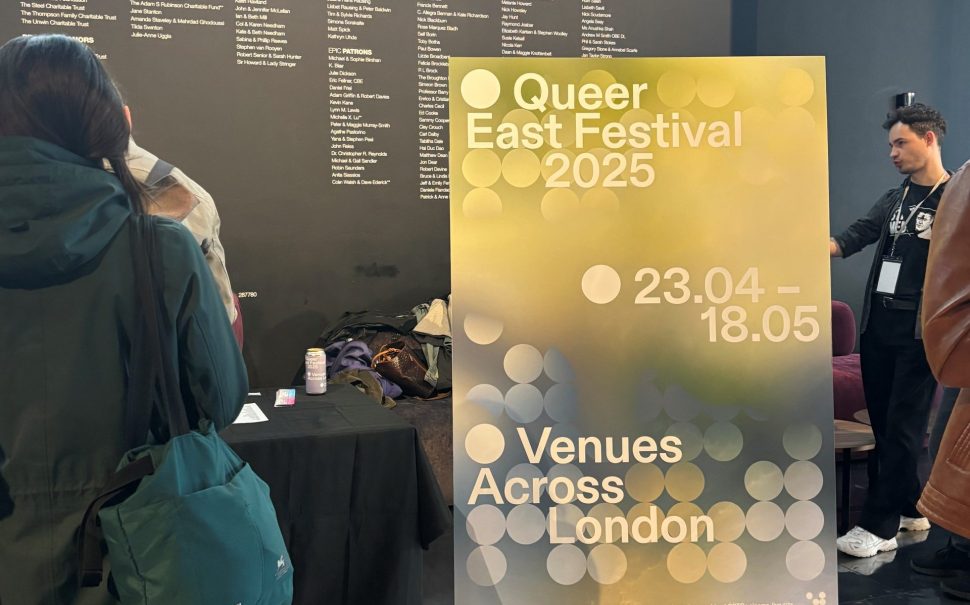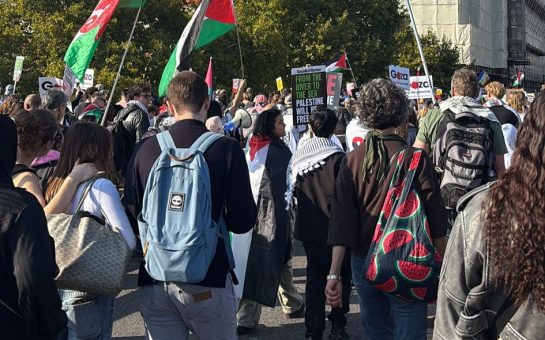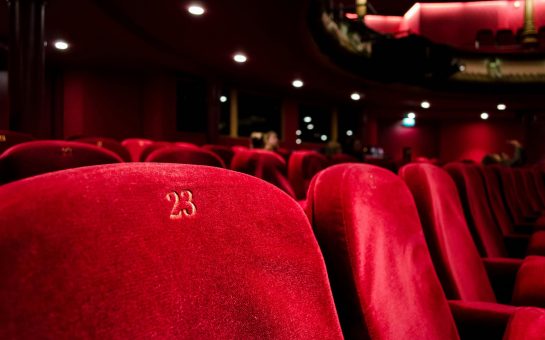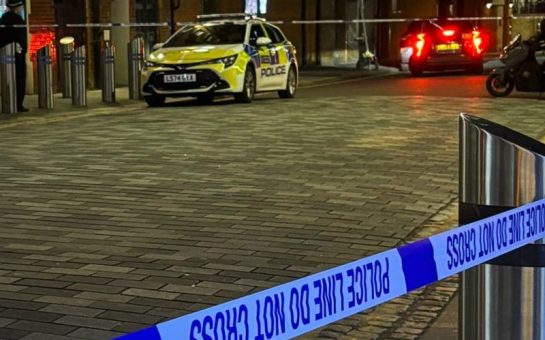The sixth edition of Queer East Festival kicked off on 23 April with a screening of the 2023 Japanese Samurai film Kubi to a packed crowd at BFI Southbank.
The four-week festival runs until 18 May, and is a cross-disciplinary showcase of over 100 east and south east Asian films, live art and moving image works which explore LGBTQ+ themes and identities.
The festival, which will be hosted in 14 venues across London, was first created in 2020 by 36-year-old Taiwanese immigrant Yi Wang, in response to a systemic lack of Asian representation in art and cinema, and with the aim of providing a more authentic representation of race and sexual identity.
Wang said: “As an immigrant myself, I feel that around the east and south east Asian region, there’s a different perspective and different ways to understand gender and queerness that is quite different from the traditional Western perspective, and that’s why I wanted to do this festival.”
The festival is not-for-profit and aims to be as inclusive and community-based as possible, implementing a sliding-scale pricing model, where audiences pay what they can towards their ticket, and providing a number of free screenings.
This is made possible by public funding from key sponsors such as the BFI National Lottery Audience Fund and Arts Council National Lottery Project Grants.
The festival has faced backlash over the years, criticised at times for its more nuanced, varied approach to the topic of queerness.
However, this was a criticism which Wang poked fun at in a tongue-in-cheek speech on opening night.
He said: “There are still people that tend to want to see more obvious LGBT narrative, instead of a more radical, experimental storytelling about gender and queerness.
“I think, in general, I want this festival to be able to break some existing norms and boundaries and try and be more experimental and radical.”
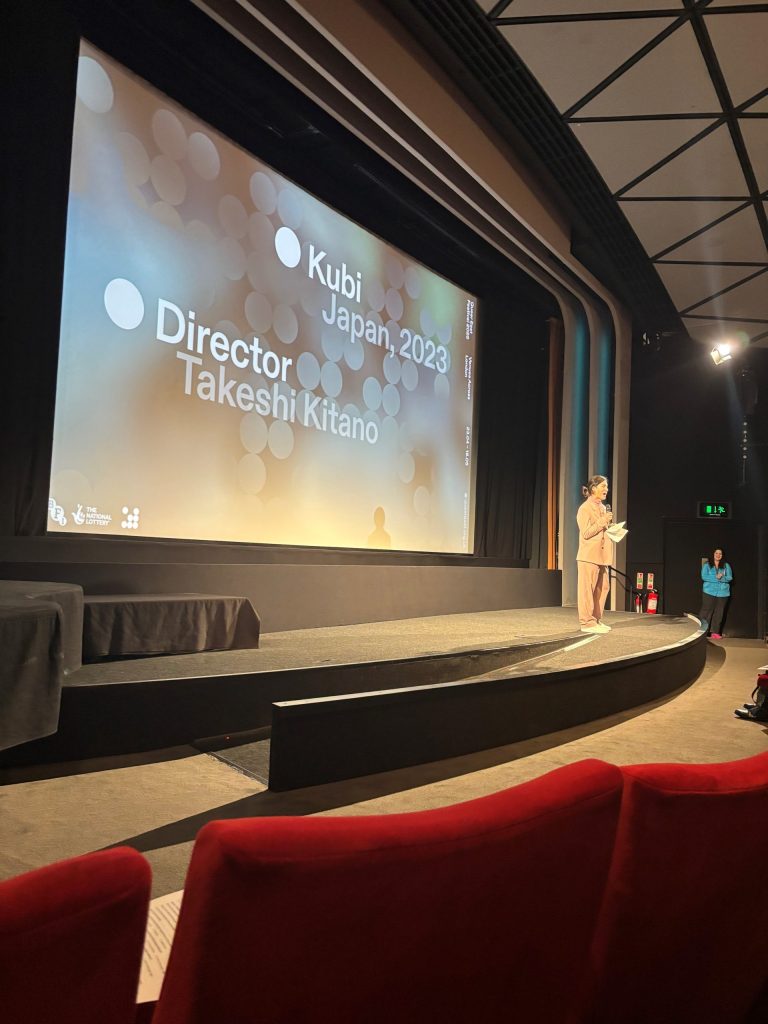
The programme is just that, varied and eclectic across geographic region, artistic medium and the spectrum of queerness.
It covers topics ranging from single mums creating an untypical family model in Taiwanese Unmarried Mothers, to a self-reflective documentary on documentary-making amongst the trans community in South Korean title Edhi Alice (2024).
There is even a screening of Taiwanese filmaker Shu Lea Cheang’s early films from the 1990s and 2000s in Hackney Wick Community Sauna, complete with sauna session, which is the third time the festival has hosted such an event.
The festival has grown significantly over the last six years, but what has always struck festival and programme director Wang is the diversity and openness of audiences to new artistic experiences.
He said: “The festival now is on quite a big scale and we generate a lot of interest but I think the most important thing is we also showcase that these are the artworks that the audience want to see and experience.
“It has always been really exciting to see such a diverse range of audience, no matter what their cultural or racial backgrounds, come to the cinema.”
That sentiment was echoed by Taiwanese directors Tzu-Hui Peng and Ping-Wen Wang, whose San Sebastian award-winning film A Journey in Spring was showcased by Queer East at the Institute of Contemporary Arts as part of the festival on 1 May.
The directors said: “The audience at Queer East and in general the London audience who came to see these films have a lot of passion and they seemed really interested in the topic of the film.”
This year, the festival brought together over 20 guest curators to plan the programme, as well as hosting its first Up Next: Future Film Curators Lab.
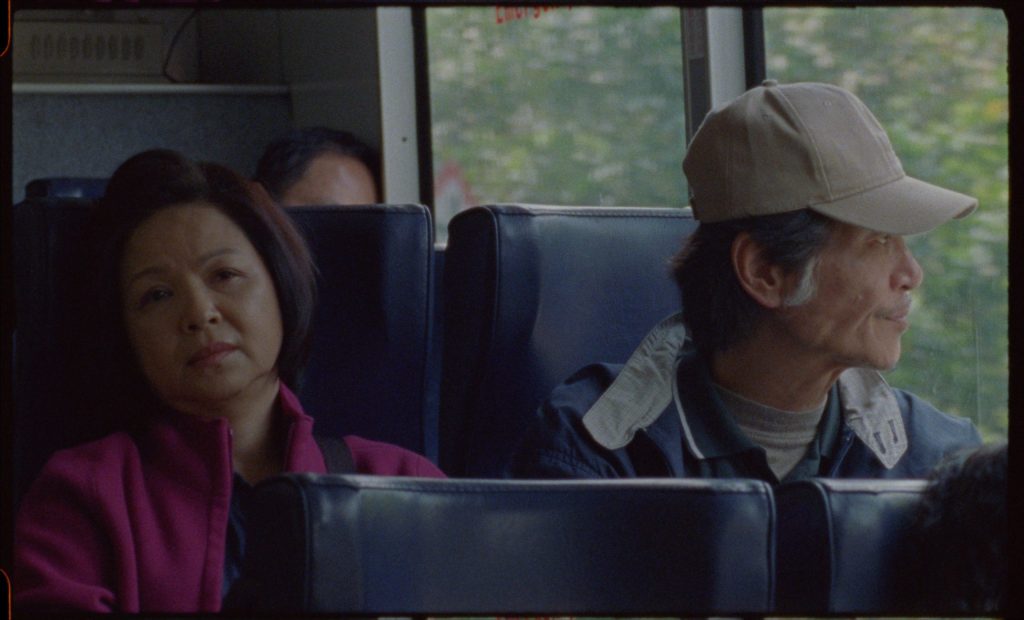
Nine applicants from outside London were chosen for the lab, where they were mentored by the festival’s programming team, before putting together their own short film programme for the festival.
Queer East’s short film programme coordinator, Emily Jisoo Bowles, who grew up in South Korea, believes this sense of collaboration and community plays a key part in why the festival has grown and become so successful.
The 24-year-old said: “There is a big queer Asian and community and queer community widely in London, and I think a lot of Queer East’s more community driven events really bring them together.
“It’s really great to see people come and bond, and talk to strangers.”
At a time when the conversation of transgender rights is facing extreme public scrutiny following the UK Supreme Court ruling on gender on April 16, the Queer East festival leaflet stated that activism, community, and the collective memory of queer history were at the centre of the programme.
Whilst Wang and Bowles both stated that any celebration of queerness will always by nature be political, they acknowledged the focus of the programme, though planned months ago, is a timely reminder of not just how far the community has come, but also the challenges they still have to face.
Bowles said: “We are all affected by these things and we’re all part of the queer community and I think we should really stand in solidarity with our trans siblings.”
Anyone interested in attending any of the remaining Queer East events and screenings can visit: queereast.org.uk.
Picture credits: Beccy Bollard and Alternate Current
